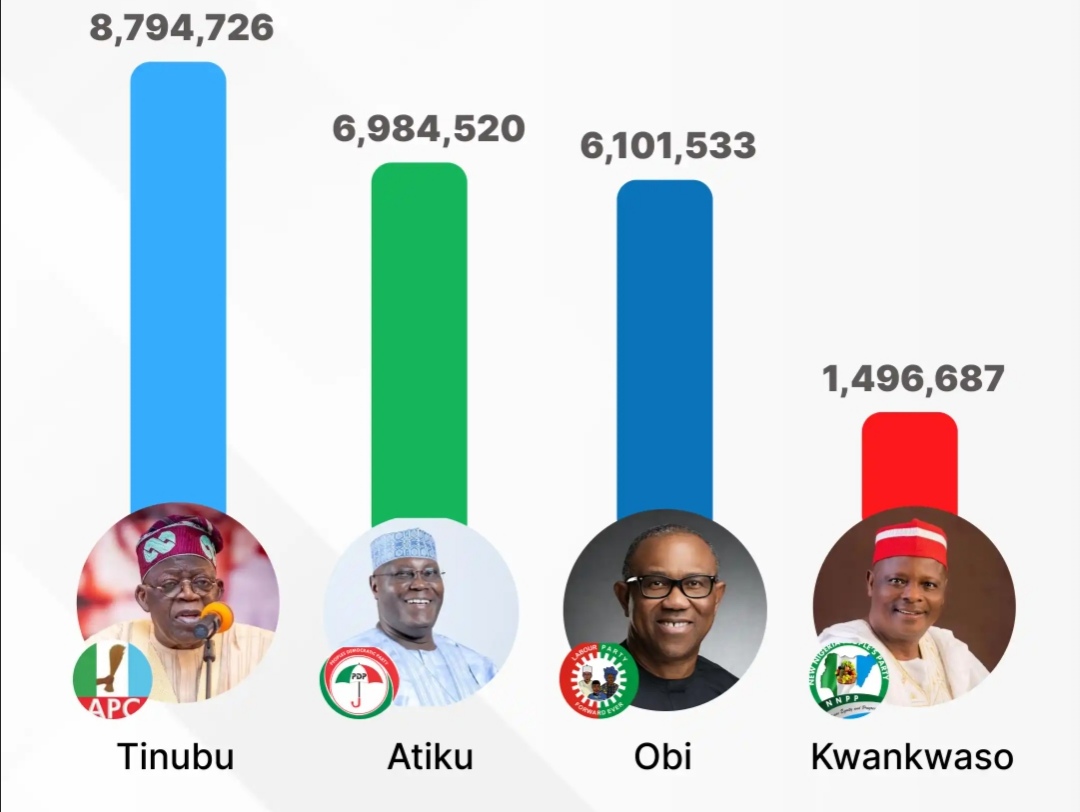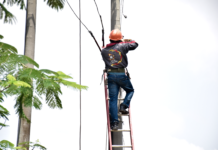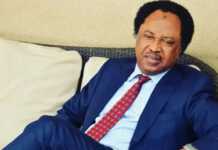
The United States (US) Department of State has said Nigeria’s 2023 general polls reflected the will of the people despite widespread irregularities.
This was contained in the 2023 Country Reports on Human Rights Practices published by the Bureau of Democracy, Human Rights, and Labour of the US Department of State.
The report highlighted human rights practices and violations in different countries, including Nigeria.
According to the report, many independent observers assessed that the results of the presidential, legislative, and state-level elections during the year reflected the will of voters, despite reports of voter suppression and vote buying, campaigning at polling stations, lack of ballot secrecy, violence, and intimidation.
It read: “National elections were widely reported to have reflected the will of voters, despite technical and logistical difficulties, and some irregularities.”
“During the March 18 state election in Lagos, All Progressives Congress (APC) supporters reportedly intimidated and suppressed voters in Igbo-dominated areas, which Labour Party presidential candidate and ethnically Igbo Peter Obi won in the February 25 national election.
READ ALSO: APC Crisis: Protesters Storm Party’s Secretariat, Demand Ganduje’s Resignation
“Viral videos on social media showed APC supporters in Ojo threatening to attack ethnic Igbo voters presumed to be pro-Obi. In Eti-Osa, APC supporters also attacked journalists and, in some cases, shut down voting and prevented non-Yoruba voters from accessing polls.
“They similarly destroyed property and physically blocked voters in Amuwo-Odofin. According to videos posted on social media, police officers were present but failed to respond to attacks. There was no evidence that alleged perpetrators were arrested or prosecuted.
It also indicated that there was a low participation of women and members of marginalized or vulnerable groups.
“The national average of women’s political participation in Nigeria was 6.7 per cent in elected and appointed positions.
“Civil society organization observers noted religious, cultural, and economic barriers contributed to fewer leadership opportunities for women in major parties and government.
“A gender-based violence survey of the 2023 elections conducted by the NGO ElectHER said religious and cultural barriers such as double standards, blackmailing, and media smear campaigns were actively used against women politicians,” the report added.
It said media outlets stereotyped women politicians as “promiscuous” or “cunning” and in some cases refused to cover their campaigns allegedly on the orders of opposition officials and candidates.




